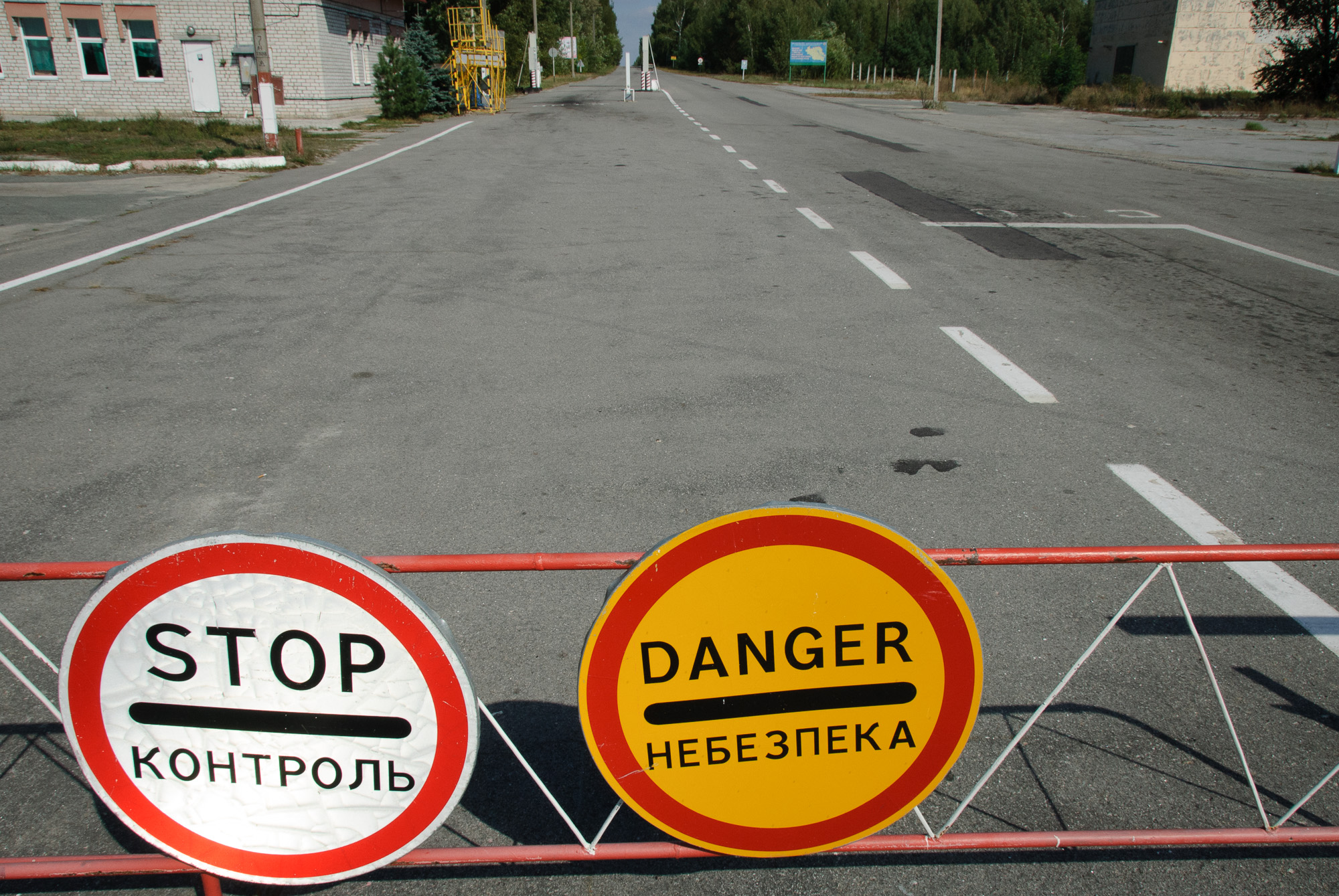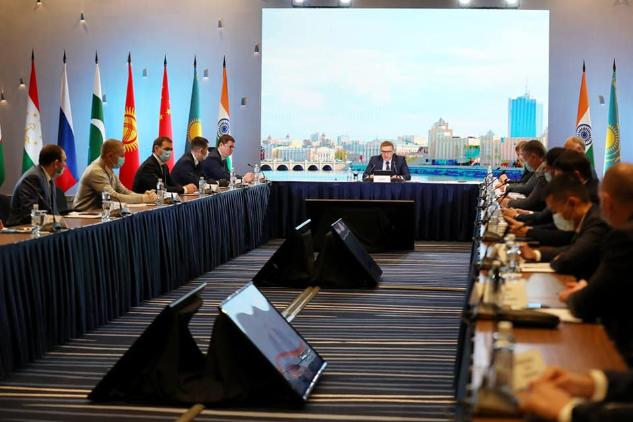The title is derived from a French expression which I have used to describe the situation in Armenia.
After 30 years of independence, one would expect substantial changes in the conditions in Armenia. Regrettably, that is not the case.
In the initial years of independence, whenever someone would point out the flaws in the leaders’ decisions, they would respond: “We are still a young Republic.” They continued giving the same excuse without having the slightest interest in listening to any advice and wanting to make any changes. Three decades later, Armenia is no longer a young Republic, but the same mistakes are being repeated by Armenia’s current leaders.
In 2018, a neophyte with no experience in governing came to power as a backlash against the despised former leaders. The new Prime Minister, Nikol Pashinyan, cleverly capitalized on the public’s resentment of the previous presidents, and gained the people’s trust by making numerous promises for a better future. Armenians everywhere, desperate for a change, believed what they were told and blindly followed the new “Savior.”
Regrettably, in the last 3.5 years, nothing substantial has changed in the country. In fact, the situation has gone from bad to worse, culminating in the devastating defeat Armenia suffered during last year’s war. The lavish promises offered by the new leader did not materialize. Pashinyan, the self-described democrat, shockingly campaigned during the June 20 parliamentary elections, while holding a hammer in his hand, pledging to smash the heads of his political opponents. Even though he came to power as the man of the people, he quickly turned his government into a one-man rule, ignoring not only the public, but also the advice of his own cabinet members, resulting in the resignations of two successive Foreign Ministers.
Not surprisingly, Pashinyan also mishandled Armenia’s relations with the Diaspora. He began by closing down the Diaspora Ministry without consulting with any of the Diasporan leaders or organizations. When some of them cautioned him not to take such a misguided decision, they were completely ignored.
Pashinyan’s excuse was that the Diaspora Ministry had not been effective. Instead of shutting it down, wouldn’t it have been preferable to restructure it with better leadership? With the same faulty logic, he could also eliminate the Defense Ministry, if he thought that it was not operating properly!
After disbanding the Diaspora Ministry, the Prime Minister appointed Zareh Sinanyan, one of his devotees from Glendale, California, as the “High Commissioner of Diaspora Affairs.” In the 2.5 years since becoming “High Commissioner,” Sinanyan does not have much to show for his efforts. He has repeatedly engaged in partisan politics, disparaging the regime’s critics in the Diaspora, which is not his job. Incredibly, he suggested that Armenia attract Arab migrants to boost the country’s dwindling population, forgetting that immigration is not a part of his duties. His job is to improve relations with Diaspora Armenians, not other nationalities.
On October 21, Sinanyan announced the government’s new plan to appoint “Diaspora Commissioners” in various Armenian communities around the world. These Commissioners are to be appointed by Prime Minister Pashinyan at the recommendation of Sinanyan. Their purpose “is to develop the Armenia-Diaspora partnership and increase the efficiency of both sides. It also seeks to ensure sustainable relations between the Armenian communities, involve the entire potential of the Diaspora, as well as support the preservation of the Armenian identity, repatriation and the organization of events aimed at the integration of Diaspora Armenians in Armenia.”
This is the modified version of an idea copied from the former Diaspora Ministry which had appointed a Board of Directors to represent the Ministry in various countries. I served on that Board for 10 years. In addition, the Diaspora Ministry in conjunction with the Foreign Ministry appointed staff in Armenian Embassies and Consulates to serve as a liaison between the government of Armenia and the local communities.
It remains to be seen whom Pashinyan and Sinanyan will appoint as their representatives in Diasporan communities. But given the blatant partisan politics of the current government, no one should be surprised if they appoint their own unqualified supporters whose real task would be to engage in pro-regime propaganda.
Interestingly, it was reported that Foreign Minister Ararat Mirzoyan had objected to seeking the approval of foreign governments before appointing local commissioners. He pointed out correctly that such approvals are only needed to appoint diplomats, such as Ambassadors, in foreign countries. Therefore, the plan was amended eliminating the need for such approvals. Nevertheless, Sinanyan surprisingly announced that the Armenian Parliament had to adopt a law before appointing local Diaspora Commissioners. It is not clear why the government has to pass such a law. These individuals are to serve in an advisory capacity with no official powers and without pay.
Given the serious split among Armenians both in Armenia and the Diaspora, no matter whom the government appoints he or she will be criticized for belonging to this or that organization, church or political party. There will be endless complaints about these appointees.
There was no need to reinvent the wheel. The proper way to select a Diaspora representative is to have each Diasporan community elect its own representative by popular vote. Only then, it can be said that the elected individual is the true representative of his or her community. No one, including the government of Armenia, has the right to appoint such a representative. Ironically, the Prime Minister and Sinanyan were personally informed of this formula and yet chose to ignore it. The representatives elected by their communities will then constitute the future Diaspora Armenian Parliament. Once again, the Pashinyan government is taking decisions without consulting with anyone. It is time for the government to consult with the people in Armenia on internal matters and with elected Diasporan representatives on Pan-Armenian issues.




